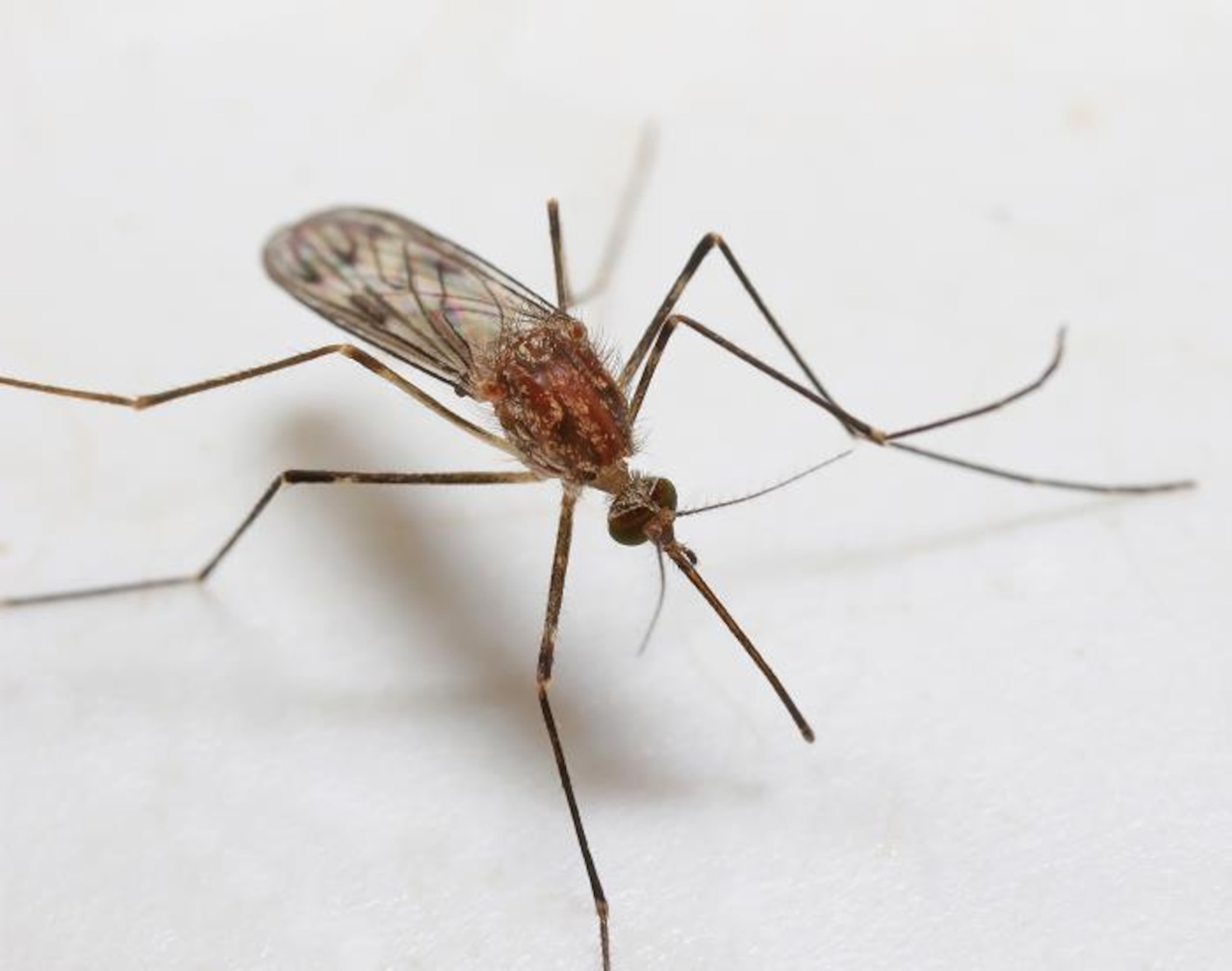
State Public Health officials on Tuesday announced two more people had been diagnosed with West Nile Virus, bringing the total number of human cases in the state to four.
Both new cases are men in their 60s, the Department of Public Health announced. One man was expected in Suffolk County in an area known to be at increased risk for the mosquito-borne disease, while the other was exposed in Norfolk County.
As a result of the new cases, the department raised the risk level for the disease in multiple communities to high. Cambridge, Everett, Medford, Newton, Somerville and Watertown are now all at high risk for the disease. Brookline, Milton and Quincy in Norfolk County are also deemed high risk, the department said in a statement.
“We are currently in the peak time for West Nile virus activity in Massachusetts, which will continue into September. As the amount of disease in mosquitoes increases, so do the chances for human infection,” said Public Health Commissioner Robbie Goldstein in the statement. “It is important that people throughout the state continue to take steps to avoid mosquito bites. The risk of West Nile virus in Massachusetts will not go away until the first hard frost.”
The first human case of West Nile Virus diagnosed in 2024 was a man in his 40s who was exposed in Hampden County. The second human case was a man in his 70s exposed in Middlesex County. No animal cases of the virus have been detected thus far in 2024.
West Nile Virus is typically transmitted to humans through a bite from an infected mosquito. Six human cases of the virus were diagnosed in 2023, according to DPH.
More than 250 mosquito samples in the state have tested positive for the virus across Barnstable, Berkshire, Bristol, Dukes, Essex, Hampden, Middlesex, Norfolk, Plymouth, Suffolk and Worcester counties, according to DPH. The risk of human infection of West Nile Virus is moderate or high in Middlesex, Norfolk and Suffolk counties and elevated in parts of Barnstable, Bristol, Essex, Hampden, Plymouth and Worcester counties.
State Epidemiologist Catherine Brown noted that at least 32 other states have reported human cases of the virus in 2024. People over the age of 60 and those with certain chronic medical conditions are the most likely to develop severe illness after becoming infected with the virus, she said.
Most people infected with West Nile virus don’t develop symptoms, but when they do, the symptoms are usually flu-like.
Brown said people have an “important role” in preventing mosquito-borne disease.
Tips for Avoiding Mosquito-borne Illnesses
- When going outside, use an insect repellent with an EPA-registered ingredient, such as DEET, permethrin, picaridin or oil of lemon eucalyptus
- Use insect repellents as instructed by the manufacturer
- Avoid being outside from dusk to dawn, which is when mosquitos are most active
- Wear long sleeves, long pants and socks when outdoors to protect your skin from mosquitos
- Drain still water from containers around your home to prevent mosquitos from laying eggs in the water
- Install and repair all door and window screens to help keep mosquitos out of your home
- Ask your vet about pet-safe insect repellents that you can use on pets who go outdoors
Material from a previous MassLive story was used in this report.






